In an extraordinary session on June 30, UNESCO's 193 member states approved the US's proposal to rejoin the organization with 132 votes in favor and 10 votes against.
The US withdrew from UNESCO in 1984, under the administration of President Ronald Reagan, then returned in 2004.
However, the US government's relationship with UNESCO became strained in October 2011, when members of the agency voted to accept Palestine as a member of the organization.
The move angered the United States and its close ally Israel, forcing the Barack Obama administration to cut funding to the agency. In 2017, President Donald Trump announced that his country would leave UNESCO altogether, accusing the organization of being biased and anti-Israel. The United States and Israel formally left UNESCO at the end of 2018.
“Shaping the UNESCO agenda”
The decision to return was driven by concerns that China was filling a void left by Washington in UNESCO policymaking, particularly in setting standards for artificial intelligence and technology education around the world, US officials said.
The US has stood by as Beijing exerts its influence through several of UNESCO's soft power vehicles, including the World Heritage Committee.
Although the commission is best known for its role in designating and protecting cultural sites, it actually plays a very important role, says Ashok Swain, professor of peace and conflict studies at Uppsala University in Sweden.
“It has a huge impact on tourism and the economy, and can be controversial when it designates areas that are controversial or disputed,” said Mr Swain.
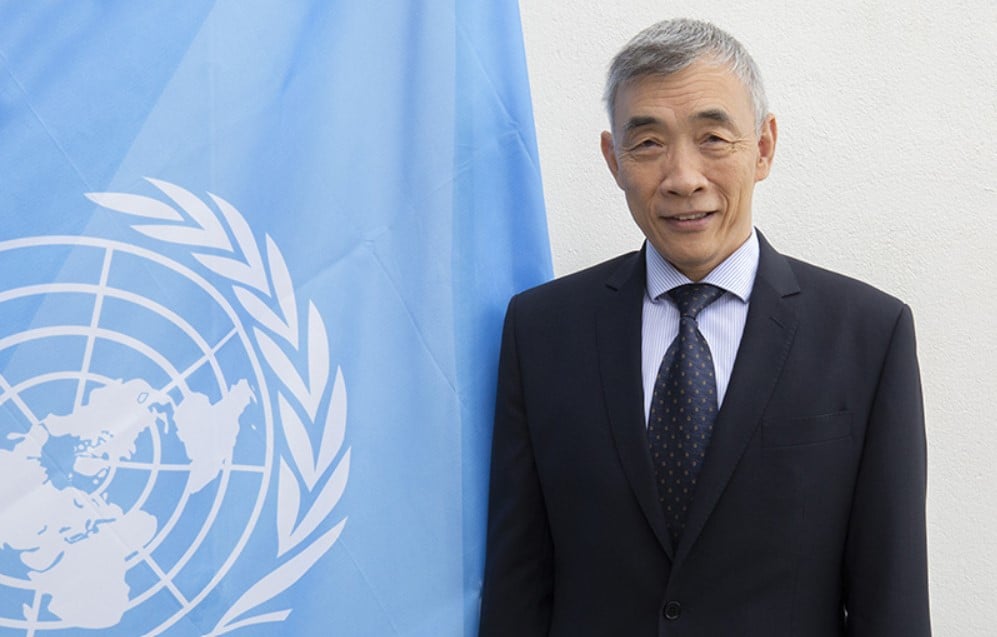
Mr. Xing Qu, a Chinese diplomat, was appointed Deputy Director-General of UNESCO in 2018. Photo: UNESCO
The professor cited the committee's decision in 2018 to designate the ancient city of Hebron in the West Bank as a Palestinian World Heritage Site, which sparked outrage from Israel.
“And when China chairs the committee from 2021 to 2022, the committee has recommended that the world’s largest coral reef, the Great Barrier Reef in Australia, be listed as “in danger” due to its strong impact on climate change and warming oceans,” Mr Swain said.
Sydney has been vocal in its opposition to the move, Mr Swain said, saying it risks costing the country thousands of jobs and leaving a huge dent in vital tourism revenue.
After the US withdrawal, China increased its contribution to UNESCO to about $65 million, becoming the largest contributor to the agency's annual budget.
In March 2018, UNESCO appointed Xing Qu, a Chinese diplomat, as deputy director-general. Since then, 56 Chinese heritage sites have been protected by the World Heritage Committee, making China the second most protected country in the world, after Italy.
John Brian Atwood, an American diplomat and former administrator of the US Agency for International Development, warned that countries like China and Russia “are actively involved in trying to shape the UNESCO agenda.”
Mr. Atwood pointed to Beijing’s efforts to move UNESCO’s International Bureau of Education to Shanghai, and to require the agency to sign a cooperation agreement with the Belt and Road Initiative — a globe-spanning project that some analysts fear could dramatically expand China’s power.
“Political and diplomatic victory”
According to US Under Secretary of State for Management and Resources John Bass, UNESCO is actively setting standards for science and technology education around the world.
“So if we are serious about competing in the digital age with China, we cannot afford to be absent much longer,” Bass asserted.
US Secretary of State Antony Blinken also supported this view. “I strongly believe that we should go back to UNESCO again, not as a gift to UNESCO, but because the things that are happening at UNESCO are really important,” Mr. Blinken said.
“They are working on rules, norms and standards for artificial intelligence. We want to be part of that,” Blinken said.
Although UNESCO’s policy documents are merely reference documents, they still carry great ideological weight, Swain said. “UNESCO plays a subtle but crucial role in shaping the world’s education and culture,” he explained.
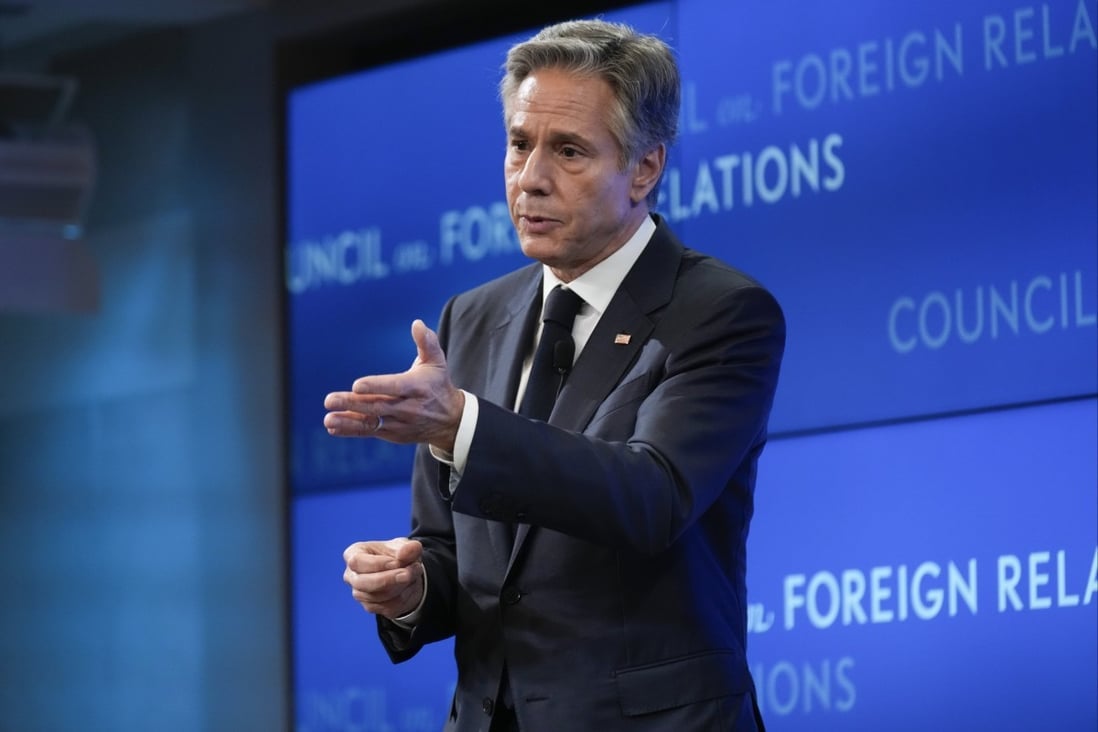
The US wants to participate in UNESCO's research into rules, norms and standards for artificial intelligence, according to US Secretary of State Antony Blinken. Photo: SCMP
In the case of artificial intelligence, Mr. Swain said the danger the US could face is that China “has a very different view on issues like democracy and human rights.”
“The ideological interests of the United States and the commitment to it will be challenged if China takes overall control of how the rules and regulations of AI are developed. I think that is an issue that the United States certainly needs to worry about,” Mr. Swain asserted.
Reengaging with UNESCO is also a goal of the Biden administration as it seeks to rebuild alliances with international organizations.
Rejoining UNESCO would be hailed by Mr Biden as a hard-fought political and diplomatic victory. In December 2022, his administration managed to push a $1.7 trillion federal spending bill through the US Congress with bipartisan support.
The bill includes a clear statement that the US government will seek to re-engage with UNESCO to “counter Chinese influence.”
The bill reimburses more than $600 million in unpaid U.S. debt to UNESCO before it withdrew from the organization in 2017. Full repayment of overdue membership fees now allows the U.S. to return as a full member without delay.
The news will be a financial boon for UNESCO, which has an annual operating budget of $534 million. The United States previously contributed about $80 million a year before withdrawing from the organization .
Nguyen Tuyet (According to France 24, The Economist, Middle East Monitor)
Source




![[Photo] "Beauties" participate in the parade rehearsal at Bien Hoa airport](https://vstatic.vietnam.vn/vietnam/resource/IMAGE/2025/4/11/155502af3384431e918de0e2e585d13a)

![[Photo] Looking back at the impressive moments of the Vietnamese rescue team in Myanmar](https://vstatic.vietnam.vn/vietnam/resource/IMAGE/2025/4/11/5623ca902a934e19b604c718265249d0)

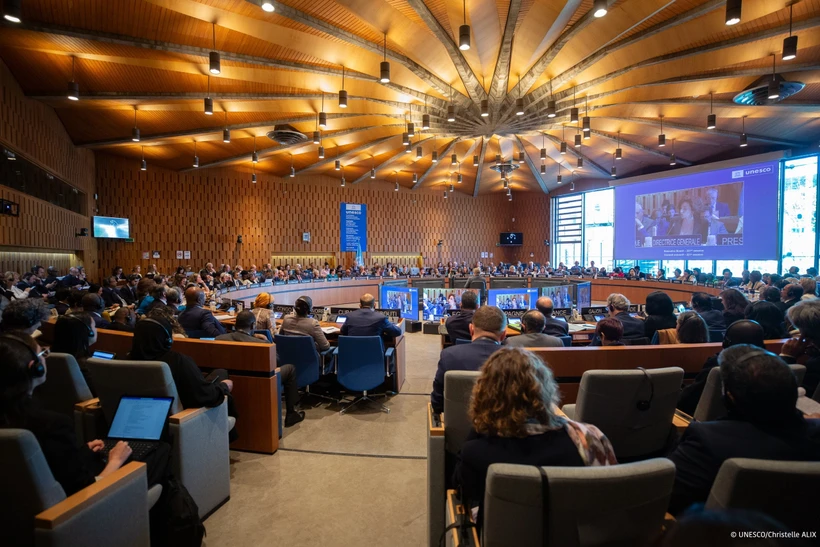

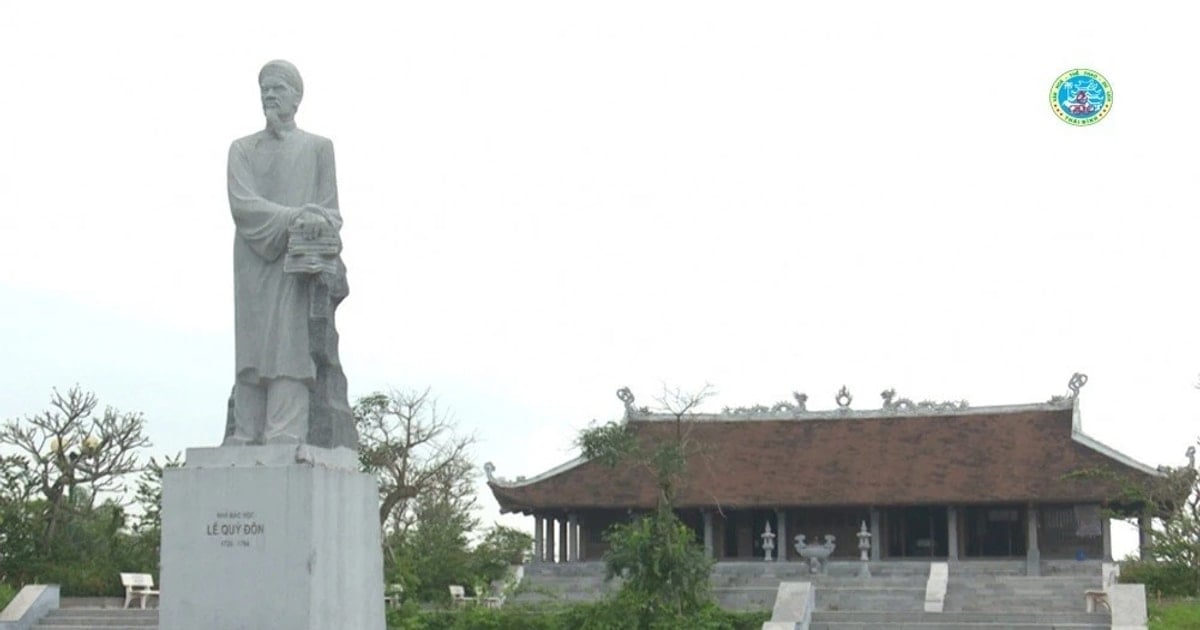



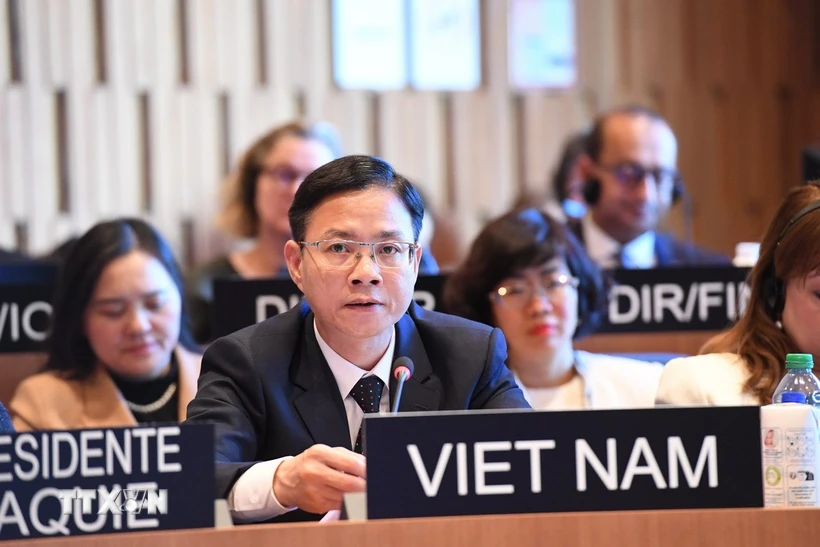
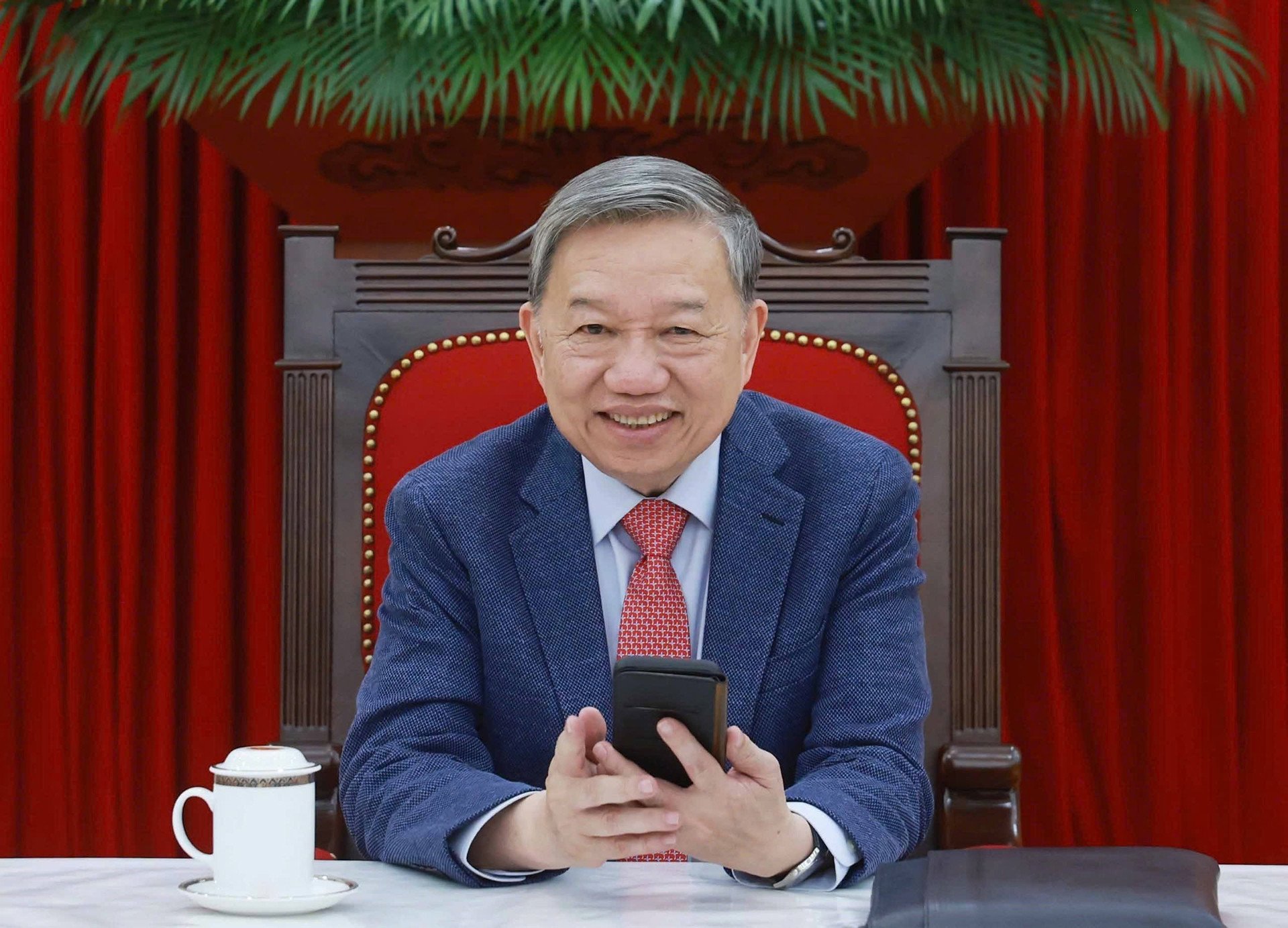

















![[Photo] Summary of parade practice in preparation for the April 30th celebration](https://vstatic.vietnam.vn/vietnam/resource/IMAGE/2025/4/11/78cfee0f2cc045b387ff1a4362b5950f)













































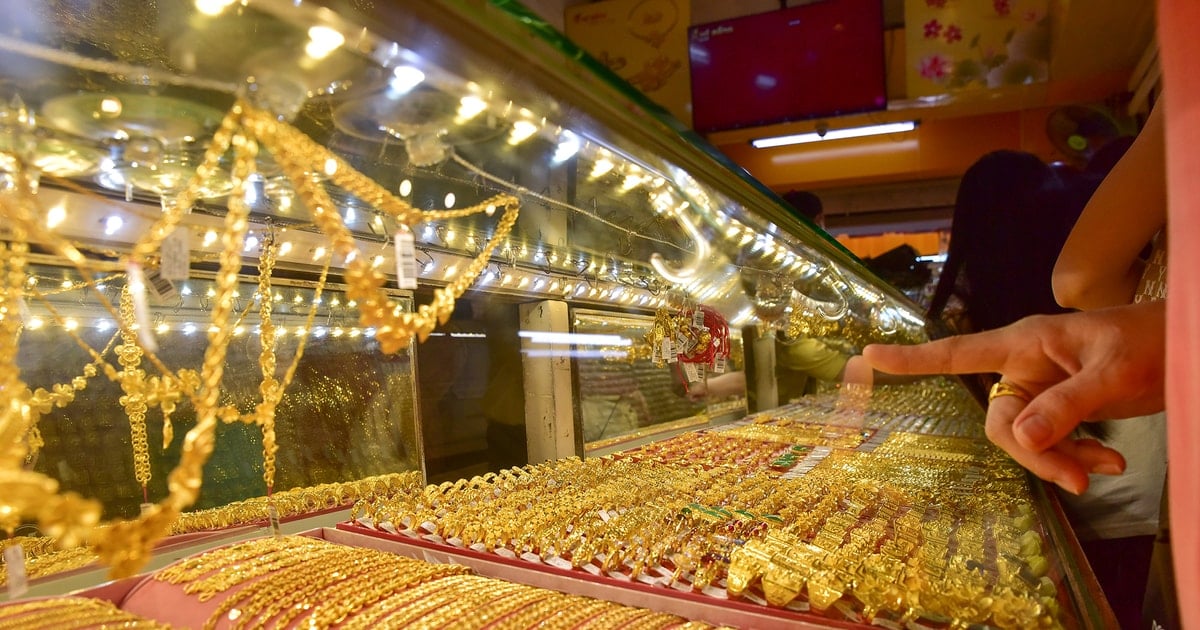













Comment (0)